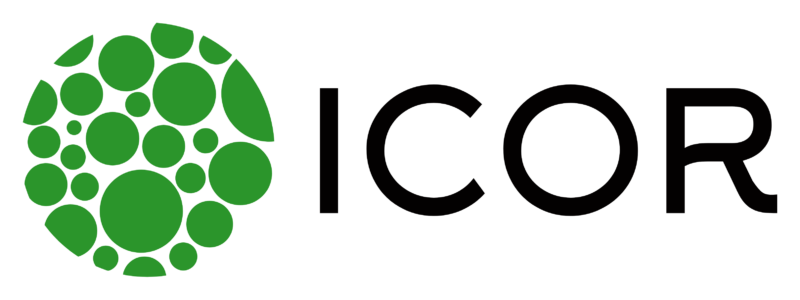Measuring and Recognising the Nuances of Impact
We are excited to announce the next topic of the ICOR public meeting which will explore developments in measuring and recognising the nuances of impact. Be sure to join us on July 10th, (8am PST, 11am EST, 4pm BST, 5pm CEST) for a discussion with leading projects that are working towards effective monitoring and rigorous meta-research to support the adoption of open science practices.
Here, you can find the meeting’s public agenda and a link to register for the event.
The assessment of research is intrinsically linked to its associated journal metrics which determines the overall impact of a project. It’s well documented that this is a simplistic view of determining what impact actually is, however the current incentives and reward system offers little room at the table for viable replacements. At ICOR we believe that opportunities for change lie within providing practical alternatives and a more holistic approach that address some of the nuances around impact. One way impact could be measured to better support the hiring, promotion, retention, and funding of scientists is by focusing on researchers’ commitment to open and collaborative research, and the effects that these open science practices have had. However, for open behaviours to contribute, compliment or even replace current impact metrics there are three barriers that need to be overcome:
- How do we determine how open and collaborative behaviours in conducting research can be measured and establish a way of tracking and monitoring these activities?
- How do we evidence that open and collaborative research leads to higher quality and more impactful work, and understand any unintended consequences?
- How do we translate open and collaborative behaviours into incentives and rewards that are recognised by funders and academic institutions?
This ICOR meeting will explore leading community initiatives who are using research-on-research for tracking and monitoring open science and how, if implemented, this information could be used to better understand and improve funding practices and policies.
Our three presentations will be split across two sections; 1. Measuring and monitoring open science effectively and 2. Translating open science measurement into recognised incentives and rewards.
1. Measuring and monitoring open research effectively
How to measure and monitor open science and understand its impact is becoming an increasingly important part of the open research transformation. To kick-off this section of the meeting Iain Hrynaszkiewicz, Director, Open Research Solutions at Public Library of Science (PLOS) will briefly introduce the current landscape and introduce two projects that are focused on evidencing the prevalence and impact of open science.
PathOS
Ioanna Grypari, Project Coordinator of PathOS, and Vincent Traag, Senior Researcher at the Centre for Science and Technology Studies (CWTS) at Leiden University, will speak about how PathOS is aiming to better understand and measure open science impacts and their causal mechanisms. The speakers will cover some of the innovative methodologies and tools they are creating to help shape impactful open science policies.
Open Science Monitoring Initiative
Laetitia Bracco, University de Lorraine, France, will speak about the development of the French Open Science Monitor, and the recently-launched Open Science Monitoring Initiative, which aims to reach a global agreement on a set of principles that can help guide for present and future initiatives about open science monitoring.
2. Translating open science measurement into recognised incentives and rewards
As well as measuring and evidencing the impact of open research, it is also important that the results of these initiatives are taken into consideration and duly acknowledged by all stakeholders and collaborators throughout the research lifecycle.
Stratos and the Michael J Fox Foundation
In this section of the meeting, Kristen Ratan, Principal of Strategies for Open Science (Stratos) will discuss how the Michael J Fox Foundation is thinking about the nuances around identifying the impact of their grant holders.
Join us for what is sure to be a great session on July 10th, (8am PST, 11am EST, 4pm BST, 5pm CEST) by registering here. And please do keep adding your ideas for meeting topics for the ICOR public meetings through this Google Form.
